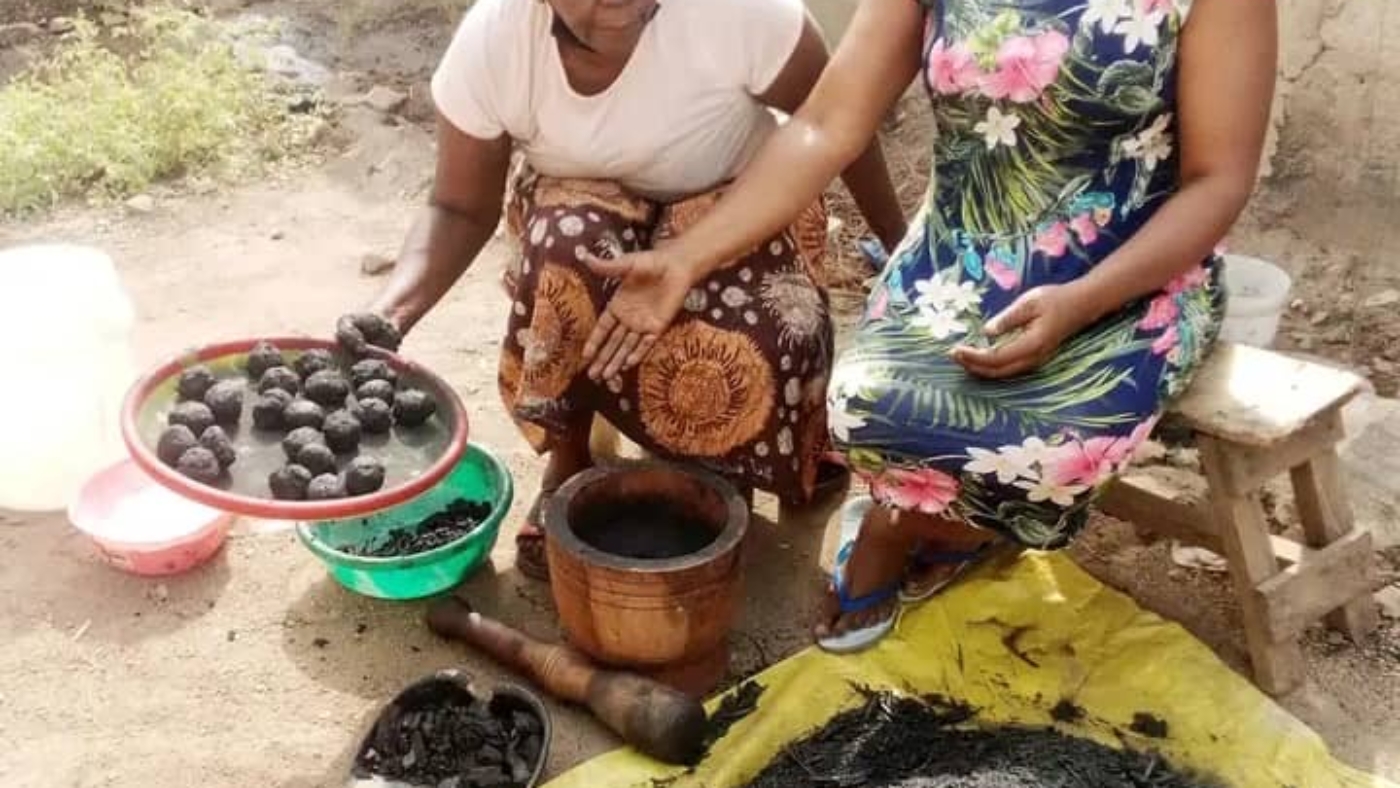As climate change intensifies, Africa faces escalating challenges—droughts, floods, food insecurity, and biodiversity loss. Nature-Based Solutions (NbS) are emerging as a transformative approach to bolster the continent’s climate resilience, leveraging ecosystems to address environmental and socio-economic issues.
What Are Nature-Based Solutions?
Nature-Based Solutions involve the sustainable management and restoration of natural ecosystems to tackle societal challenges. In Africa, this encompasses a range of interventions, including reforestation, wetland restoration, sustainable agriculture, and urban greening, all aimed at enhancing climate adaptation and resilience.
The Urgency for NbS in Africa
Sub-Saharan Africa is particularly vulnerable to climate impacts, with projections indicating that ecosystem degradation could reduce the region’s GDP by up to 9.7% annually by 2030. Infrastructure deficits and limited access to climate finance exacerbate these vulnerabilities. NbS offer cost-effective, scalable strategies to mitigate these risks while promoting sustainable development.
Exemplary NbS Initiatives Across Africa
1. The Great Green Wall (Sahel Region)
Initiated by the African Union in 2007, the Great Green Wall aims to restore 100 million hectares of degraded land across the Sahel by 2030. The project seeks to sequester 250 million tonnes of carbon and create 10 million jobs, combating desertification and enhancing food security.
2. Green Gicumbi Project (Rwanda)
Launched in 2019, this six-year initiative focuses on watershed protection, climate-resilient agriculture, forest management, and sustainable energy. It has rehabilitated over 1,100 hectares of degraded forests and distributed nearly 20,000 clean cookstoves, reducing deforestation and improving livelihoods.
3. N’Djamena Urban Resilience Project (Chad)
To address urban flooding, this World Bank-financed project integrates green spaces that absorb rainwater alongside traditional drainage systems. These green areas also help cool urban environments and provide recreational spaces for communities.
4. Mangrove Restoration (Benin)
In Benin, traditional beliefs have been harnessed to protect mangrove forests. Sacred groves, overseen by local deities, have become sanctuaries where activities like fishing and logging are prohibited, leading to significant mangrove regeneration and biodiversity conservation.
Scaling Up NbS: Challenges and Recommendations
Despite the promise of NbS, several barriers hinder their widespread adoption:
-
Policy and Institutional Gaps: Many countries lack comprehensive policies integrating NbS into national development plans.
-
Technical Capacity: Limited expertise in designing and implementing NbS projects hampers effectiveness.
-
Financial Constraints: While investments in NbS have grown, they still fall short of the estimated $68–$108 billion needed annually for infrastructure and $225–$354 billion for climate financing by 2030.
To overcome these challenges, the following strategies are recommended:
-
Integrate NbS into National Policies: Countries like Rwanda have allocated national budgets for NbS initiatives, setting a precedent for others.
-
Enhance Technical Expertise: Programs like the World Bank’s Global Facility for Disaster Reduction and Recovery (GFDRR) provide support to build local capacities.
-
Diversify Funding Sources: Combining public funds, private investments, and international aid can bridge financial gaps.
-
Foster Community Engagement: Involving local communities ensures that NbS are culturally appropriate and sustainable.
Conclusion
Nature-Based Solutions present a viable pathway for Africa to enhance its climate resilience while promoting sustainable development. By addressing policy, technical, and financial barriers, and fostering community involvement, Africa can harness the full potential of its natural ecosystems to combat climate change and secure a resilient future.

Add a Comment